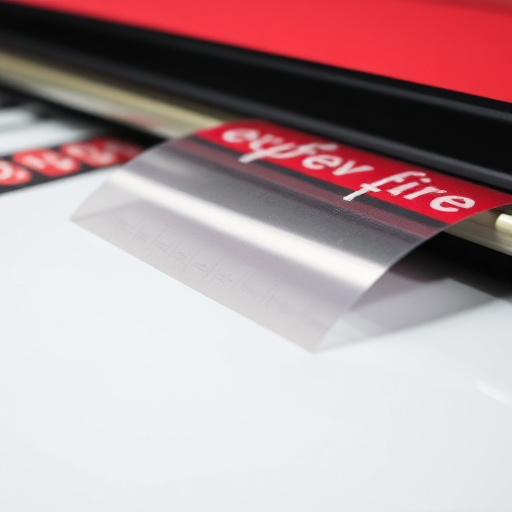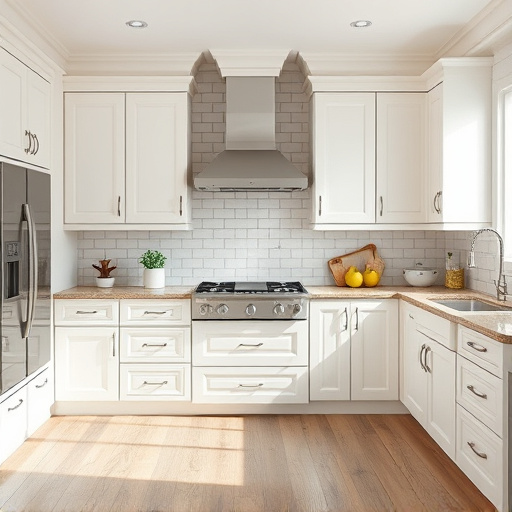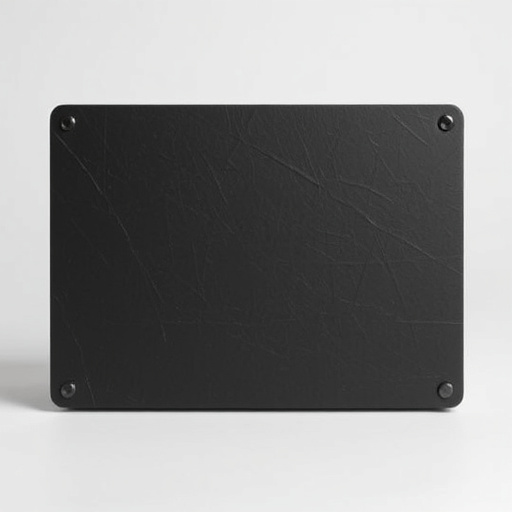Residential window tinting is a year-round solution offering both aesthetic appeal and practical benefits, enhancing privacy, protecting glass from scratches, and regulating indoor temperature. It keeps homes cool in summer, provides UV protection for interior items, and insulates against cold weather in winter. Choosing the right film, tailored to climate and design preferences, ensures optimal comfort, security, and curb appeal. Ceramic coatings add durability, further UV protection, and paint defense.
Residential window tinting is a year-round solution for enhancing your home’s comfort and security. With the right film, you can enjoy reduced heat gain in summer, minimum UV damage to furnishings and skin, and increased privacy all while maintaining a natural light flow. This article delves into the basics of residential window tinting, explores its benefits across varying seasons, and provides guidance on choosing the ideal tinting film for your specific needs.
- Understanding Residential Window Tinting: The Basics
- Benefits of Window Tinting Across Different Seasons
- Choosing the Right Window Tinting Film for Your Home
Understanding Residential Window Tinting: The Basics

Residential window tinting is a popular choice for homeowners looking to enhance their living spaces and control the environment inside their homes. It’s more than just a visual upgrade; it offers a range of practical benefits that cater to various needs, regardless of the season. The basic concept involves applying a thin layer of tinted film to glass surfaces, allowing light transmission while blocking heat, UV rays, and even some visible light wavelengths.
This simple process transforms ordinary windows into functional components, providing scratch protection for the glass and enhancing privacy. Modern window tinting technologies offer high-quality finishes that are durable, easy to maintain, and customizable to suit different levels of opacity and color tints. Beyond aesthetics, it’s an effective way to reduce heat gain during warmer months, keeping homes cool and comfortable. Conversely, in colder seasons, it can act as an insulator, helping to retain indoor heat efficiently, thereby reducing energy costs.
Benefits of Window Tinting Across Different Seasons

Residential window tinting offers a year-round solution for homeowners seeking comfort and energy efficiency. One of its key advantages is the ability to provide heat rejection during the warmer months, keeping interiors cool and reducing the need for air conditioning. This is particularly beneficial in regions with hot climates, where high summer temperatures can make homes uncomfortable and increase energy bills. By blocking a significant portion of solar heat, window tinting helps maintain a pleasant indoor temperature, creating a more comfortable living environment.
Moreover, residential window tinting provides vehicle protection against the damaging effects of UV rays, an advantage that extends beyond cars to boats, RVs, and other recreational vehicles stored in garages or outdoor spaces. The high-quality finishes used in these tints not only enhance aesthetics but also safeguard furniture, flooring, and other interior items from fading caused by prolonged sun exposure. In colder seasons, tinting can also insulate against cold weather, reducing heat loss and further contributing to energy savings.
Choosing the Right Window Tinting Film for Your Home

Choosing the right window tinting film is a crucial step in enhancing your home’s comfort and security. When considering residential window tinting, it’s essential to select a product tailored to your specific needs, climate, and architectural design. Different films offer various levels of heat rejection, UV protection, and light transmission, making them suitable for all seasons. For instance, if you live in a hot climate, opt for a film with high solar reflectivity to keep your home cool. Conversely, regions with cold winters might benefit from low-e (low-emissivity) films that trap heat indoors.
Additionally, think about aesthetics and privacy preferences. Some films offer a subtle tint while others provide a darker, more dramatic look. For those interested in car customization or custom vehicle wraps, the same principles apply. Ceramic coatings, known for their durability and multi-functional benefits like UV protection and enhanced paint protection, can be integrated into residential window tinting solutions, providing an extra layer of defense against environmental factors and adding a touch of modern elegance to your home’s exterior.
Residential window tinting is a year-round solution that offers numerous benefits, from enhanced energy efficiency to improved privacy. Regardless of the season, the right window tinting film can help regulate indoor temperatures, reduce fading caused by UV rays, and mitigate glare, creating a comfortable and stylish living environment. By choosing a high-quality tinting film tailored to your needs, you can enjoy these advantages for years to come, ensuring your home stays cozy in winter and cool in summer.














